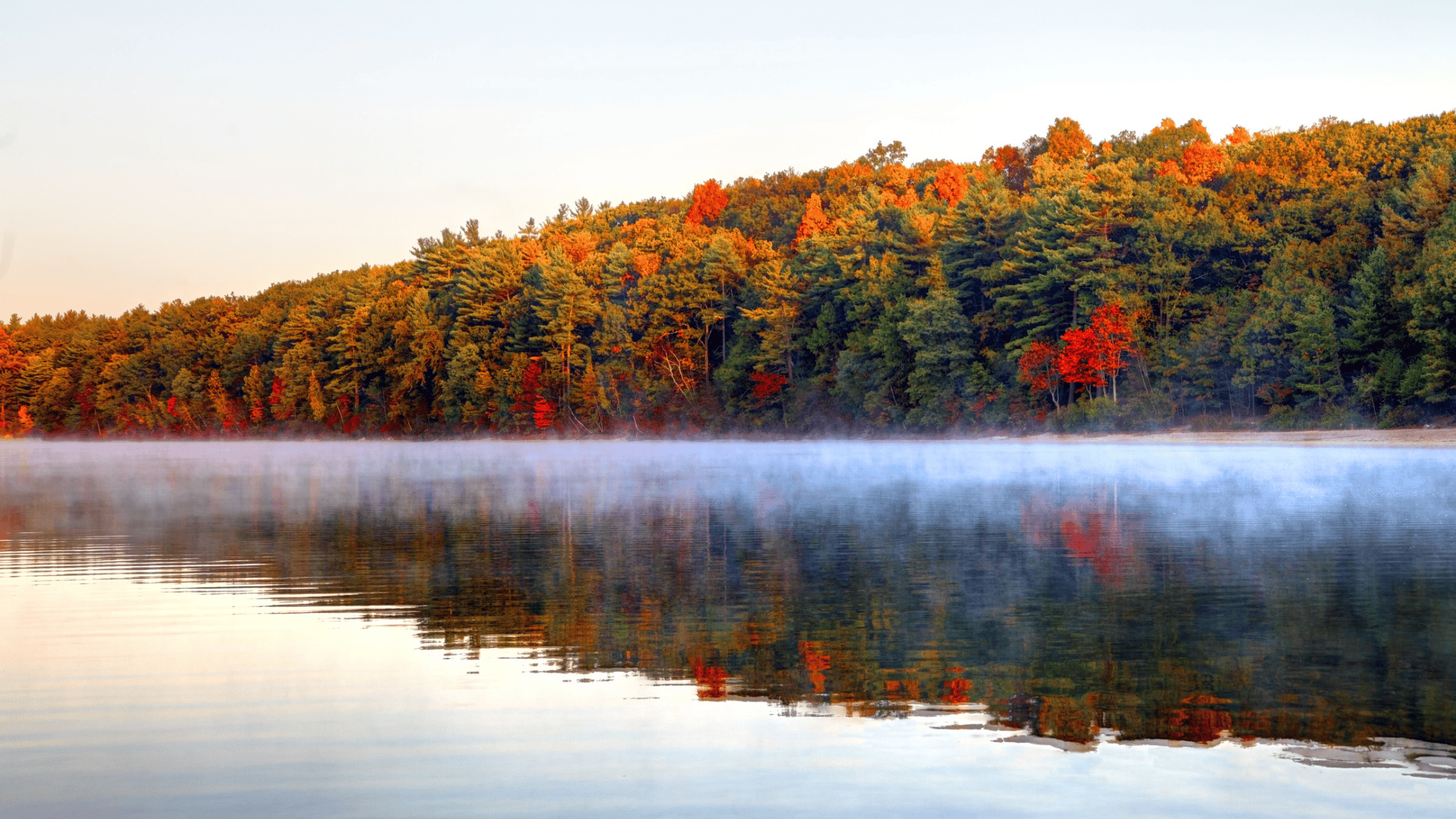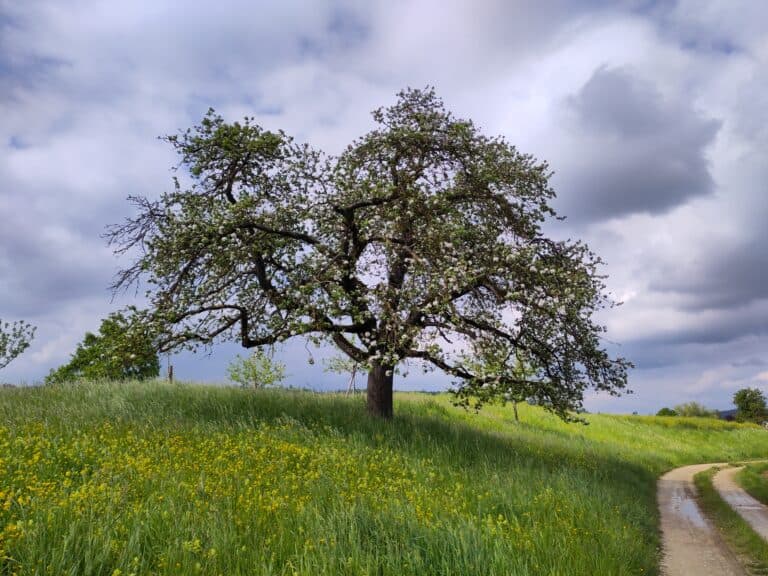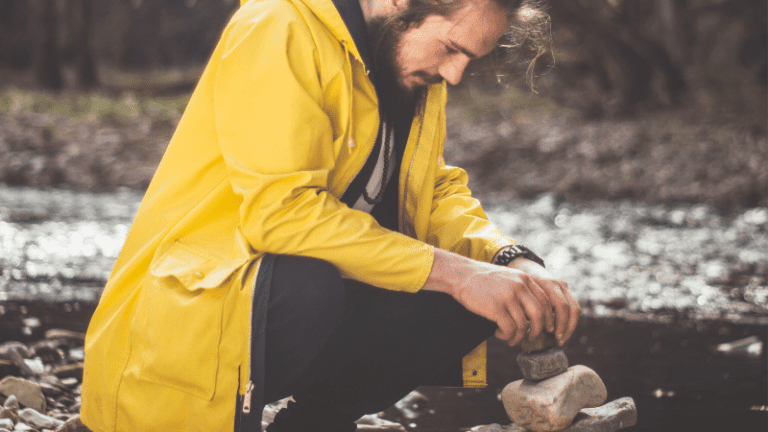Thoreau: Wildness and freedom - the measure of all things?
"All good things are wild and free."
henry David Thoreau
Thoreau's quote captures a timeless attitude towards the value of untamed natural beauty and freedom. Thoreau, a 19th century transcendentalist, philosopher and naturalist, believed that the best aspects of life are those that remain untouched and untainted by societal structures and expectations. He advocated a life close to nature, emphasizing simplicity, self-reliance and the inherent value of the wild.
Thoreau's perspective and the current state of our world
Thoreau's reflections on nature and freedom were largely shaped by his experiences at Walden Pond, where he lived in deliberate simplicity to better understand the essential truths of life. In his time, industrialization was beginning to change the American landscape and encroach on the natural world that Thoreau valued so highly. He saw these changes as a threat to the purity and freedom that nature offered - a sentiment that resonates even more strongly today.
In today's world, the natural environment faces unprecedented challenges. Climate change, deforestation, urban sprawl and pollution have greatly diminished the wild spaces that Thoreau admired. While modern conveniences and technological advances have improved human life in many ways, they have also alienated people from the natural world. This alienation has sparked a growing movement toward sustainability and conservation aimed at preserving what's left of our planet's wild beauty.
What remains wild and free?
Despite the encroachments of modernity, there are still aspects of life that remain wild and free. Nature in its various forms continues to provide sanctuary and inspiration. National parks, wilderness areas and remote landscapes still offer opportunities for people to reconnect with the natural world. Activities such as hiking, camping and walking in the woods allow individuals to experience the simplicity and freedom that Thoreau celebrated.
However, the concept of "wild and free" goes beyond the natural world. Thoreau's philosophy can also be applied to immaterial aspects of life, such as emotions and experiences. For example:
- Lust and love: These primal emotions often arise spontaneously and without the constraints of social norms, embodying a wild and free spirit.
- Laughter and joy: Moments of genuine laughter and joy are often unplanned and unrestrained and are an interruption to the structured and sometimes rigid aspects of daily life.
- Creativity and imagination: The act of creating art, writing or music often involves a state of flow, where the mind is free to wander and explore, without boundaries.
- Adventure and discovery: The pursuit of new experiences, whether through travel or personal growth, allows individuals to step out of their comfort zone and embrace the unknown.
The need for reconnection
Thoreau's words remind us of the importance of maintaining a connection to both the natural world and the wild, free aspects of our human experience. In a world increasingly dominated by technology and urbanization, finding ways to nurture and appreciate these elements is crucial. Engaging with nature, whether through outdoor activities or conservation efforts, helps to preserve the remaining wild spaces. Likewise, experiencing unbridled emotion, creativity and adventure, which Thoreau considered essential to a good life, can bring us a sense of freedom and fulfillment.
To summarize, the world has changed considerably since Thoreau's time, but his insights are still extremely relevant. The wild and free elements of life, both in nature and in our inner experiences, are crucial to our well-being and happiness. Thoreau's philosophy encourages us to seek and protect these precious aspects so that they continue to enrich our lives.







